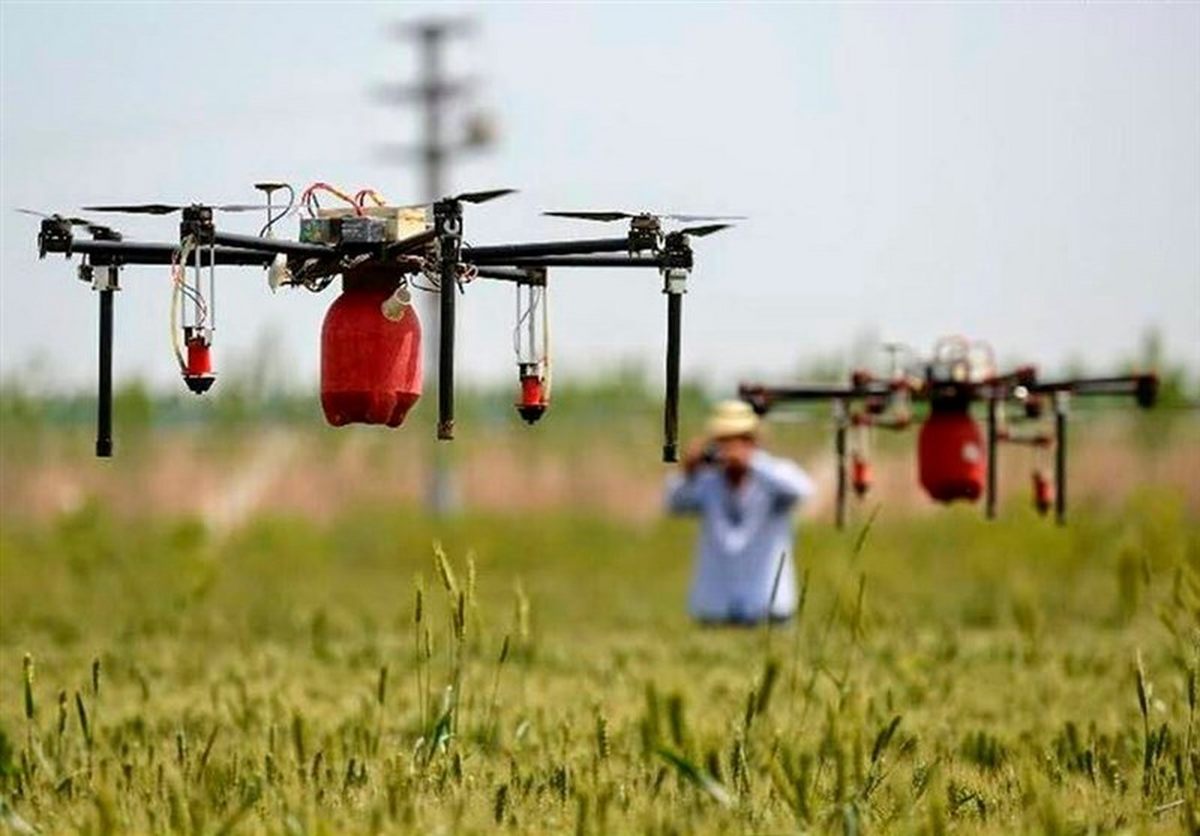Iranian Technological Firms Present 123 Products for Agricultural Sector

Agriculture is an industry in which the steps taken to use the capacities of the ecosystem of technology and innovation have not been very practical and effective.
It is an industry that has moved towards intelligence and increasing productivity with the help of new technologies in the world and in Iran with all knowledge and expertise capabilities several knowledge-based companies have shown desire for activities in this area.
Former Iranian Vice-President for Science and Technology Sorena Sattari had earlier underlined that the challenges of agriculture can only be settled with technology and this point should be taken into consideration in the direction of materialization of symbiotic agriculture with technology that the capacities of water, environment and soil is limited and only innovation and technology are unlimited, a fact that should be maintained in the country's agriculture and food security.
The National Tech-Market Network of the Vice Presidency for Science and Technology has attracted technological and innovative designs and products and introduced them to the target market in a bid to help the materialization of modern agriculture with higher and more efficient productivity; home-made products which have been produced with the capabilities of knowledge-based companies and the country's scientific and technological elites.
‘Different types of organic and mineral fertilizers in solid and liquid forms’, ‘electronic anti-fouling device’, ‘smart anti-freezing system for gardens with a reverse well’, ‘mapping drones’, ‘simulator for calculating the loss of edible oil refining process’, ‘production of resistant seeds’, and ‘hot air blowing device’ are among the products manufactured by the technological companies for the agricultural sector.
The Iranian Vice-Presidency for Science and Technology has also developed 270 projects to promote biological processing for improving the quality of food and agricultural products.
Biological processes are used to convert dissolved biodegradable organic substances and colloidal material into inorganics and biological solids (biomass).
A biological process can also help in the decomposition of biodegradable waste with the help of microorganisms like fungi in addition to being clean, cost-effective, and safe, as it can reduce the amount of disposable waste.
4155/v





















